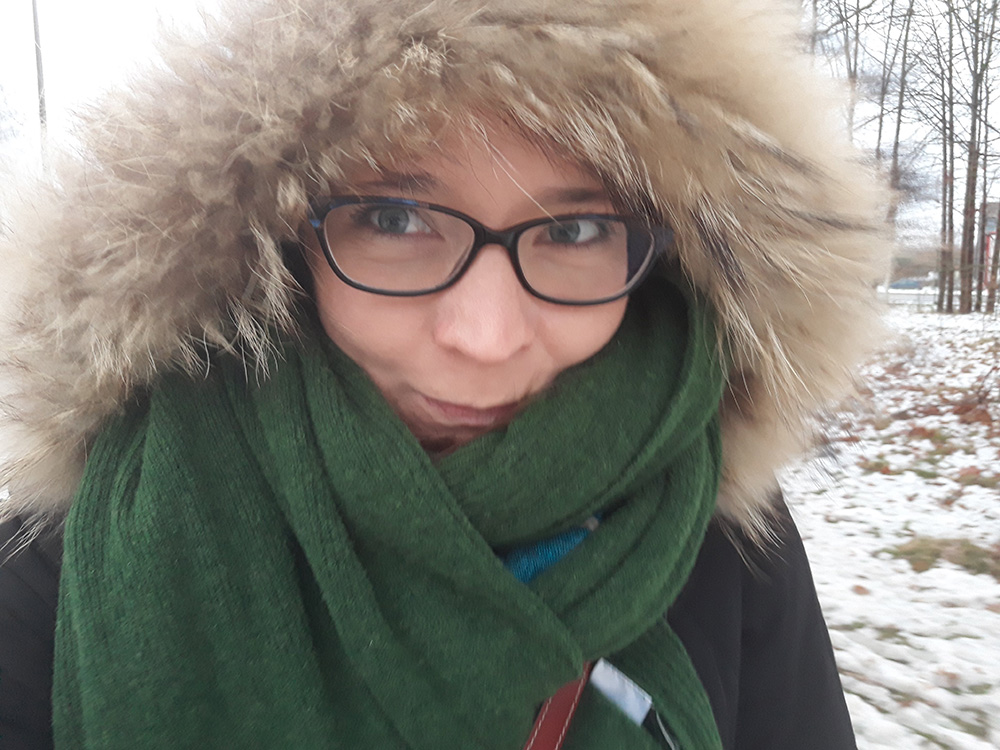Caitlin Gillis left the sunshine and warmth of Australia a few years ago to come live Europe. After a stint in Paris, she moved to Ghent last year to work at VIB/UGent. Her research project here in Belgium focusses on apoptotic cell clearance. We asked her to share her thoughts about Belgian work life and culture, and how it compares to her native Australia.
What’s your job and what did you study?
I’m a postdoctoral scientific researcher, working in a lab at the VIB/University of Ghent. I studied a Bachelor of Science with Honors in Sydney, Australia, and moved to Paris to complete my PhD. I work in immunology and inflammatory diseases.
What are you researching in Belgium?
I’m currently a postdoctoral researcher studying the clearance of dead and dying (apoptotic) cells. My project investigates how we can modulate apoptotic cell clearance by both macrophages and “non-professional” phagocytes and whether this could be of benefit in the context of inflammatory disease.
What do you enjoy about your work?
I love the flexibility of my job: from one day to the next you never do the same thing. You are not stuck at a desk, because a lot of the work is very practical, but at the same time you have to make time for reading, writing and thinking. I like that I can determine what I want to do and what I want to work on. The aim is to figure things out that nobody in the world yet knows or understands, but there is also a potential to improve human health outcomes in the future – that is a good motivation to get out of bed in the morning!
What is the difference between working in Australia and working in Belgium?
People arrive early to work and leave early! The support systems and resources are outstanding, compared to my previous workplaces. The support staff here in Gent are more helpful than in France, but perhaps less helpful than Australia!
How did you end up in Belgium?
Serendipity! From Paris, I needed to move labs, and I wanted to stay in Europe. It was a difficult choice for me: where to go next? This work opportunity at VIB came up, so I applied. I had a good feeling about the job, so I took it. Plus, Belgium is close to France! I moved here in August 2017, so only about six months ago.
Do you like living in Belgium? How is it different to Australia and France?
I’m not sure yet whether I like it – it’s different. I find the lifestyle much calmer and I have the sense that you can have a very good quality of life by comparison to Paris. The bureaucracy is certainly more efficient than France. I love that I still have access to a lot of French products (for example cheese at the supermarket) but also many more international options and a wider selection of foods. Although I am finding it very difficult to get good baking products in the supermarkets! People are very friendly and everyone speaks English, which is nice, but I feel like a proper expat again, especially since I don’t speak Flemish. The combination of different languages and multilingualism creates a good atmosphere though. The public transport is pretty bad and unreliable within the city, but the intercity trains work OK. On the other hand, I’ve started riding a bike and I love how bike-friendly it is; the bike paths are well marked and the cars are very respectful. The things I miss most about Australia are my family, the beach and pools.
How do you spend your time when you’re not at work?
Traveling, wining and dining, visiting friends and receiving visitors. I love to read, but unfortunately that is saved mostly for vacations. I’ve discovered Netflix, but I try not to watch it very often as I find it too addictive. I used to run; now that the weather is getting warmer I hope to start running again.
What dreams and future plans do you have?
I expect to stay in Belgium three to four years. By then I think it will be about time to go home to Australia for a while; I miss my country very much. I hope that I will be able to establish myself as a scientist back home. I aim to still be able to collaborate and work with Europeans to keep the connection, and of course to continue spending time here on a regular basis.


